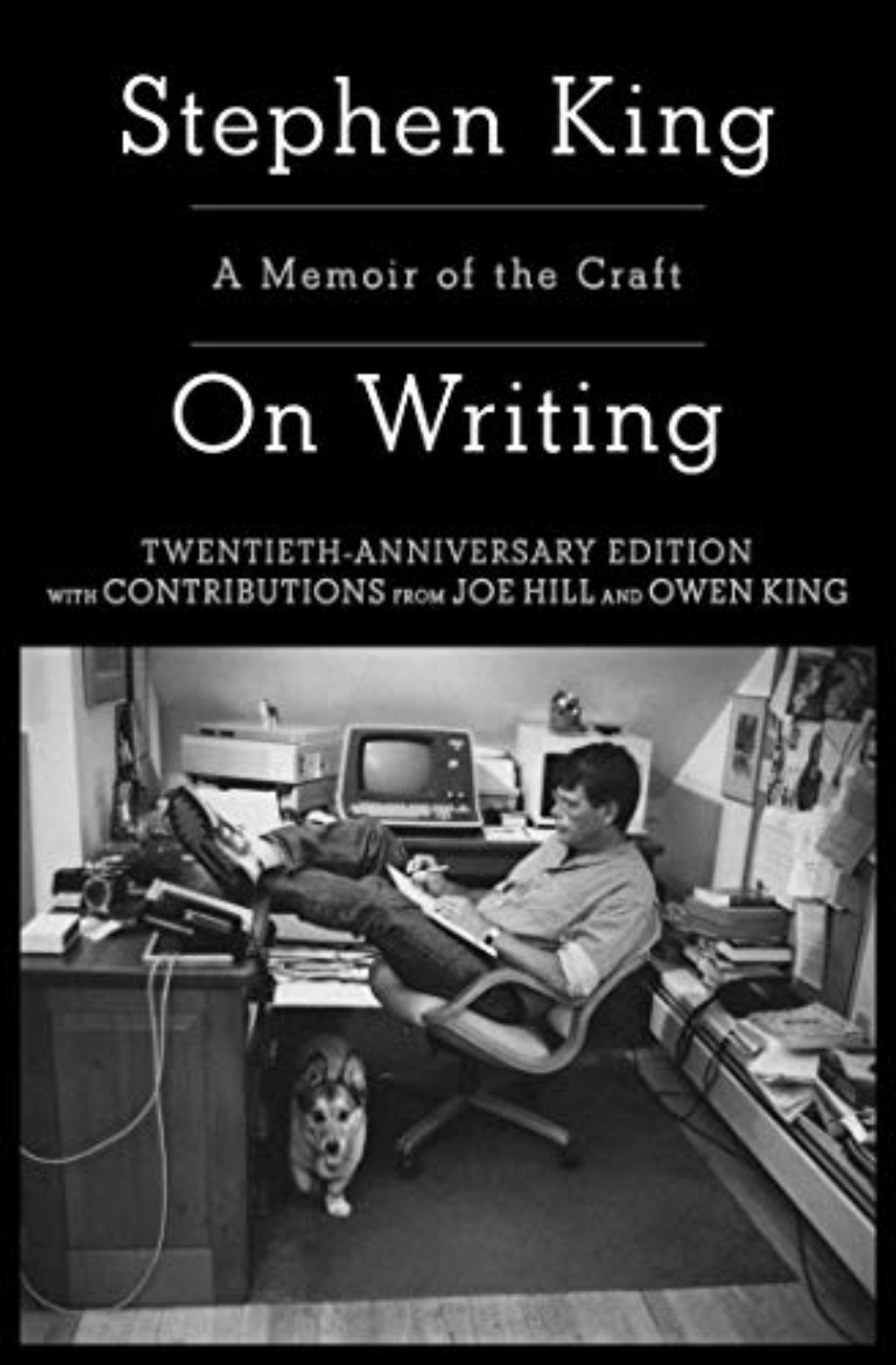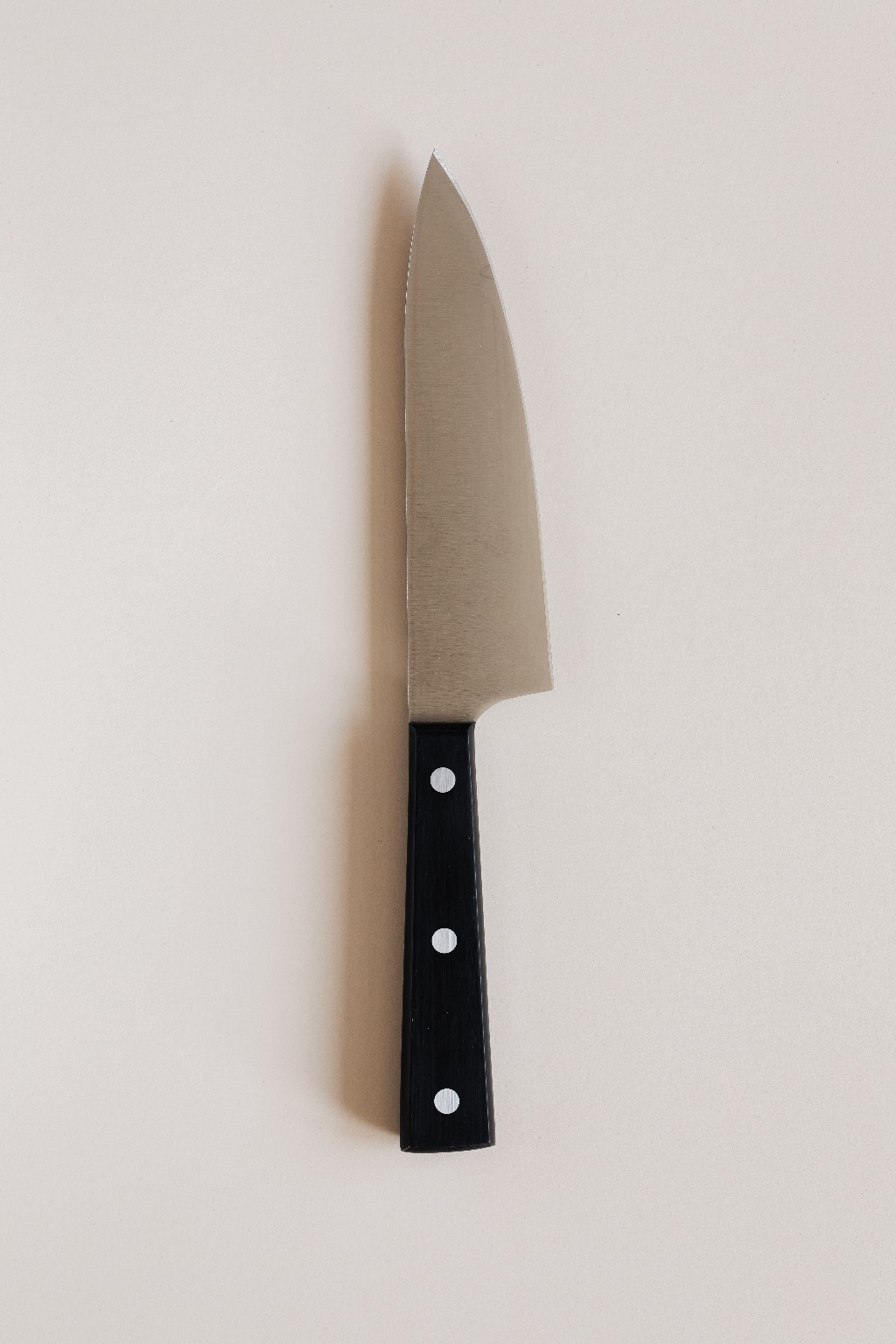
Despite being interested in writing from an early age, I’ve never been all that into books about writing. To me, writing has always seemed to be something better learned by doing it than reading about it. Whenever I did try to pick up some writing guide or other, I quickly became bored and used that reading time to read a fiction book or write instead.
But when I was a teenager, I came across On Writing: A Memoir of the Craft by Stephen King. It piqued my interest since it was not just a book about writing—it was a book about King’s life and his journey as a writer. I was very interested in Stephen King since his novels and stories provided the basis for some of my favorite films (The Shawshank Redemption, The Green Mile, and Stand By Me, just to name a few). So I decided to give reading another writing book a try.
What I found within the pages of On Writing was a treasure trove of writing advice that I use to this day. By interweaving his advice between stories about his life and his struggles, King was able to impart his writing guidance in a way that really got through to me. Now, I don’t agree with all his maxims—for example, he thinks it’s hugely important to write every day, while I think it’s perfectly fine (beneficial, even) to take time off. But this book is full of extremely useful writing tips that helped King become the phenomenally successful author he is today.
Here are some of my favorite bits of writerly wisdom from On Writing.

1) “Language does not always have to wear a tie and lace-up shoes.”
Grammar can seem extremely important to a writer just starting out. You worry about mistakes and are constantly checking Grammarly to make sure everything is correct. But King warns not to get too caught up in trying to have perfect grammar. “The object of fiction isn’t grammatical correctness but to make the reader welcome and then tell a story.”
So you shouldn’t worry so much about grammar and try to find your own style. Reject those Grammarly suggestions every once in a while in favor of telling the story in a way that will appeal most to your reader.

2) Persevere Through Rejection
Rejection is one of the toughest experiences you will have to go through as a writer, and you will likely have to do it a lot. In On Writing, King describes submitting stories to literary magazines. As he received them, he impaled each rejection slip on a nail on the wall in his bedroom. When the nail could no longer support the slips, he replaced it with a spike.
Instead of letting what could have been overwhelming rejection weigh him down, King took inspiration from it. The slips on that spike showed that he was working toward something and were evidence of his perseverance. Facing rejections of my own as a writer, I have often drawn motivation from the thought of that spike.

3) “Stories are found things, like fossils in the ground.”
You can bang your head against the wall trying to come up with a good idea. You can grit your teeth with frustration, unsure where your next scene should go. Instead of thinking of stories as being conjured from nothing, King refers to them as “relics”. Writers are like archaeologists, excavating stories from beneath the ground.
Don’t try to force stories or scenes. Get to know your characters and let them guide you through, surprising you along the way. I know some of the best scenes I’ve written have been when I felt like I descended into the story and took notes on what I saw and heard. Try to think of your stories as “…part of an undiscovered pre-existing world”.

4) Read a Ton
We have discussed quite a bit about how crucial reading is to the writing process. It turns out Mr. King heartily agrees! “If you want to be a writer,” he says, “you must do two things above all others: read a lot and write a lot.” He brings a book with him everywhere he goes, taking advantage of every spare moment he has for reading. Another quote on the importance of reading: “If you don’t have time to read, you don’t have the time (or the tools) to write”.
You can learn so much about how to be a writer from reading. Good books will teach you what you aspire to do, while bad books will teach you what not to do. Great stories will inspire you to try to write ones of your own. “The more you read,” King says, “the less apt you are to make a fool of yourself with your pen or word processor”.

5) “I believe the road to hell is paved with adverbs, and I will shout it from the rooftops.”
This was a big lesson for me as a teen. It wasn’t until I read this book that I realized that my writing was overflowing with adverbs. I began to work at replacing phrases like “ran quickly” and “said angrily” with stronger verbs like “sprinted” and “snapped”. It’s hard to describe how much my writing leveled up as a result of this advice.
Adverbs are an easy crutch for a writer. King challenges us to become more concise by choosing better verbs that encompass the meaning of the weaker verb and adverb, replacing two weak words with one strong one.

6) Don’t Be Pretentious
“One of the really bad things you can do to your writing is to dress up the vocabulary, looking for long words because you’re maybe a little bit ashamed of your short ones,” King says. Dressing up the vocabulary was a big temptation for me when I was just starting out. I had read the classics and thought I was supposed to try to sound like that—dripping with intelligence and elegance.
But I luckily realized (with this book’s help) that simpler words are better and easier to read. One good practice is that if you wouldn’t use the word while talking, don’t put it in your writing. “Remember that the basic rule of vocabulary is use the first word that comes to your mind,” King advises, “if it is appropriate and colorful”.

7) “Kill your darlings, kill your darlings, even when it breaks your egocentric little scribbler’s heart, kill your darlings.”
You’ve probably heard this piece of writing advice before, and King wasn’t the first to say it. “In writing you must kill all your darlings” is often attributed to William Faulkner, but “Murder your darlings” can be traced back to Arthur Quiller-Couch, who said it in “On the Art of Writing”—his widely reprinted 1913-1914 Cambridge lectures. Whoever said it first, it was King who popularized the idea in recent years that you should ruthlessly eliminate words, characters, and plotlines that you love but add nothing to the story.
When I was writing Vita and the Monsters of Moorhouse, I had an entire side plot that I adored, where my protagonist had a second family within her imagined world. When my boyfriend read the draft, he pointed out that this subplot could be lifted out entirely without the overall story being affected at all. I resisted the change at first but remembered King’s advice and killed my darling. Though it was difficult at the time, now I can say the book is all the better for it.

8) Don’t Be Afraid to Take Risks
“I’m convinced that fear is at the root of most bad writing,” King states. Don’t be timid with your writing. Have the courage to try new things and experiment. If there’s something that makes you angry, don’t shy away from it—channel it into your craft.
If you approach your writing with confidence, it will help you to find your own unique voice. The worst that will happen is that it won’t work and you’ll have to try something else. As King writes, “Try any goddamn thing you like, no matter how boringly normal or outrageous. If it works, fine. If it doesn't, toss it.”

9) “When you write a book, you spend day after day scanning and identifying the trees. When you're done, you have to step back and look at the forest.”
Regular readers of the blog will know that I am a big fan of taking breaks during the writing process. Sometimes these breaks are just to give your overtired mind some rest, but other times they can provide the distance and objectivity to see your work in a whole new way.
After finishing a rough draft, King recommends taking several weeks away from the manuscript so that you can see the bigger picture when you return. When it comes to spotting mistakes after your break, he offers these words of encouragement: “…you are forbidden to feel depressed about them or to beat up on yourself. Screw-ups happen to the best of us.”

10) Write for Yourself
When you’re writing, you can sometimes get caught up in what your future audience might think or what critics will say. You might start to write what you think your readers will want, rather than what brings you the most fulfillment and happiness.
King says of writing, “I did it for the pure joy of the thing. And if you can do it for joy, you can do it forever.” Remember to have fun, and write the book that you would love to read. If you do that, readers will feel that joy through your writing and they’ll love it too.
Not all great writers are also excellent teachers, but Stephen King is able to both write fantastic books and give sage advice to budding writers. This is just a sampling of his writing tips—I highly recommend picking up the book and reading it from cover to cover. If you’re like me and not the biggest fan of writing instruction books, there are plenty of compelling stories along the way to keep you going.
Soak Yourself in Fiction
Follow us on Facebook | Instagram | Twitter | Discord